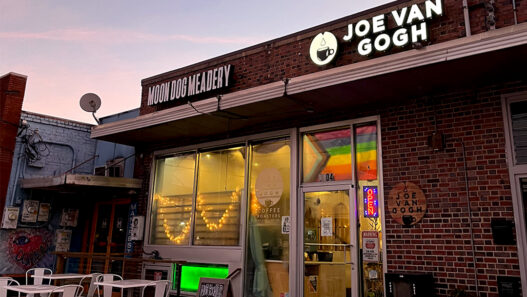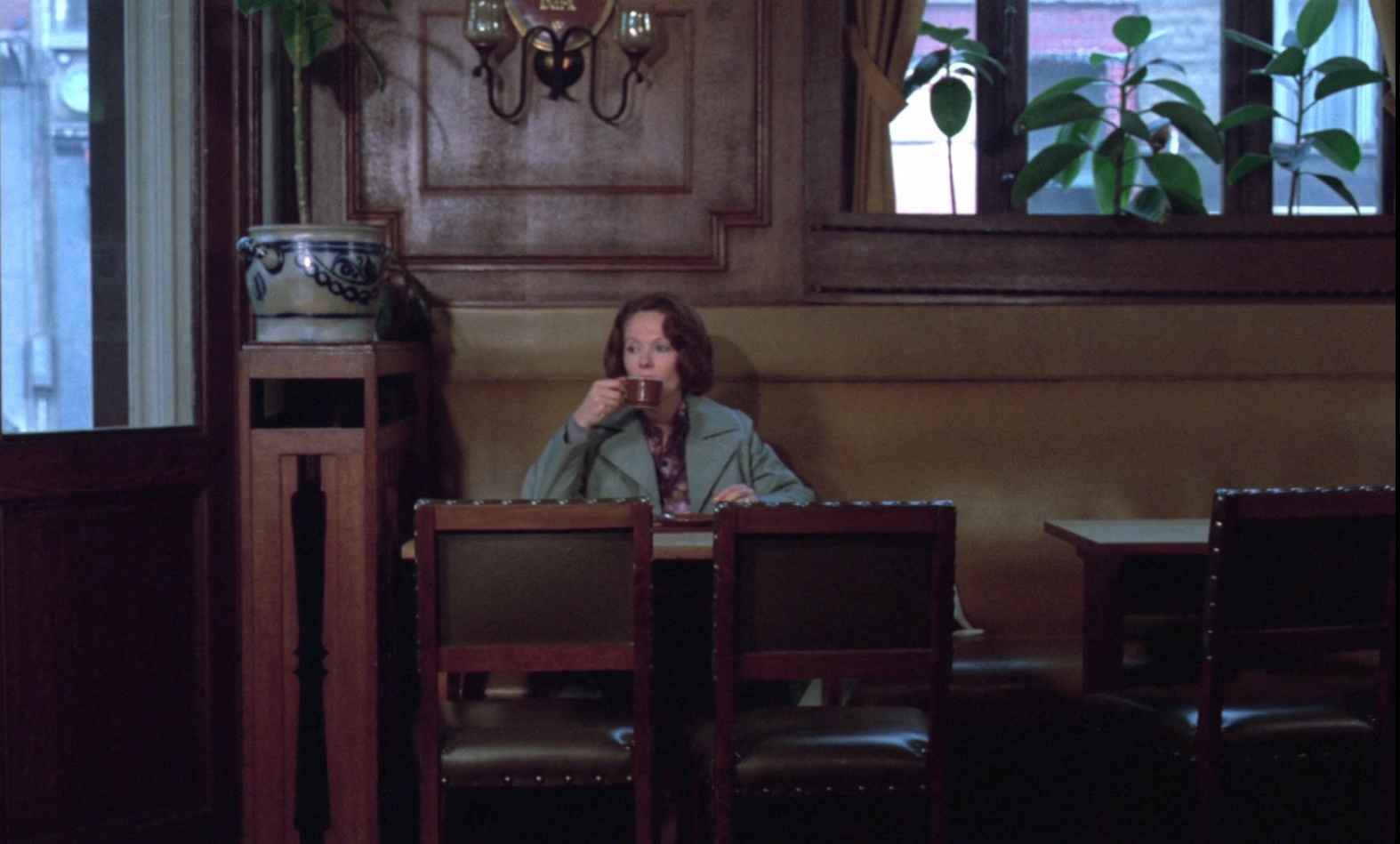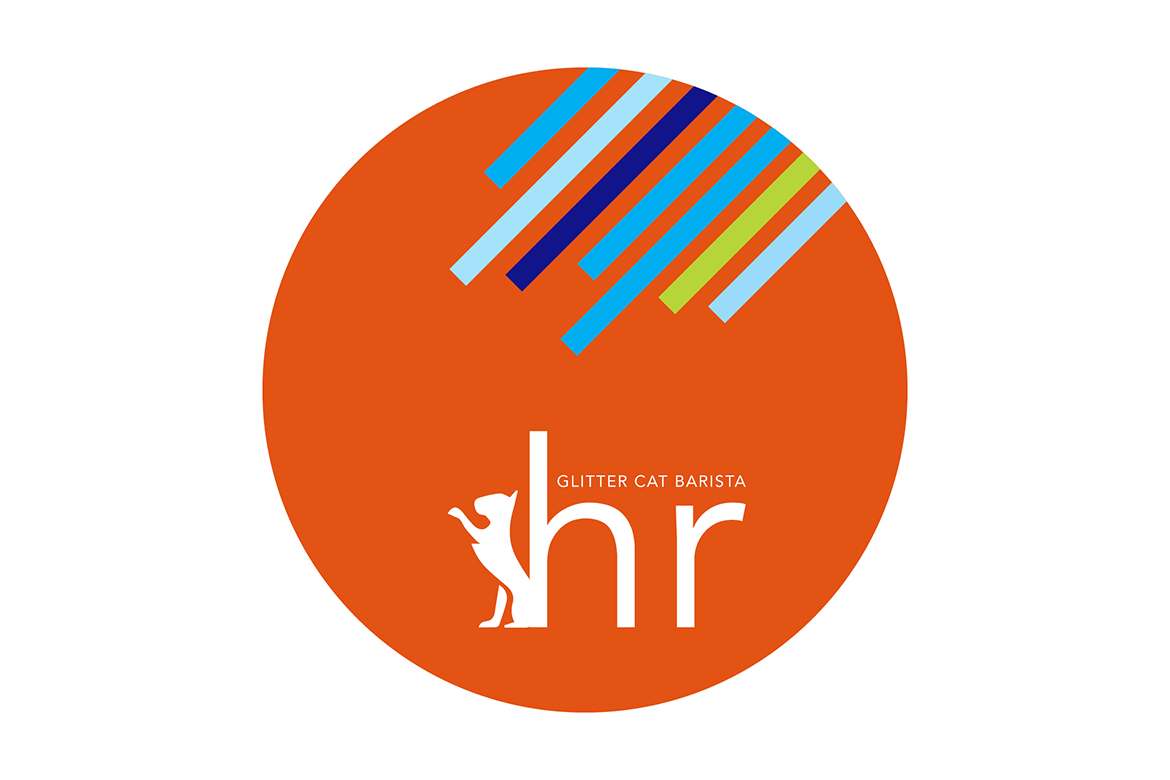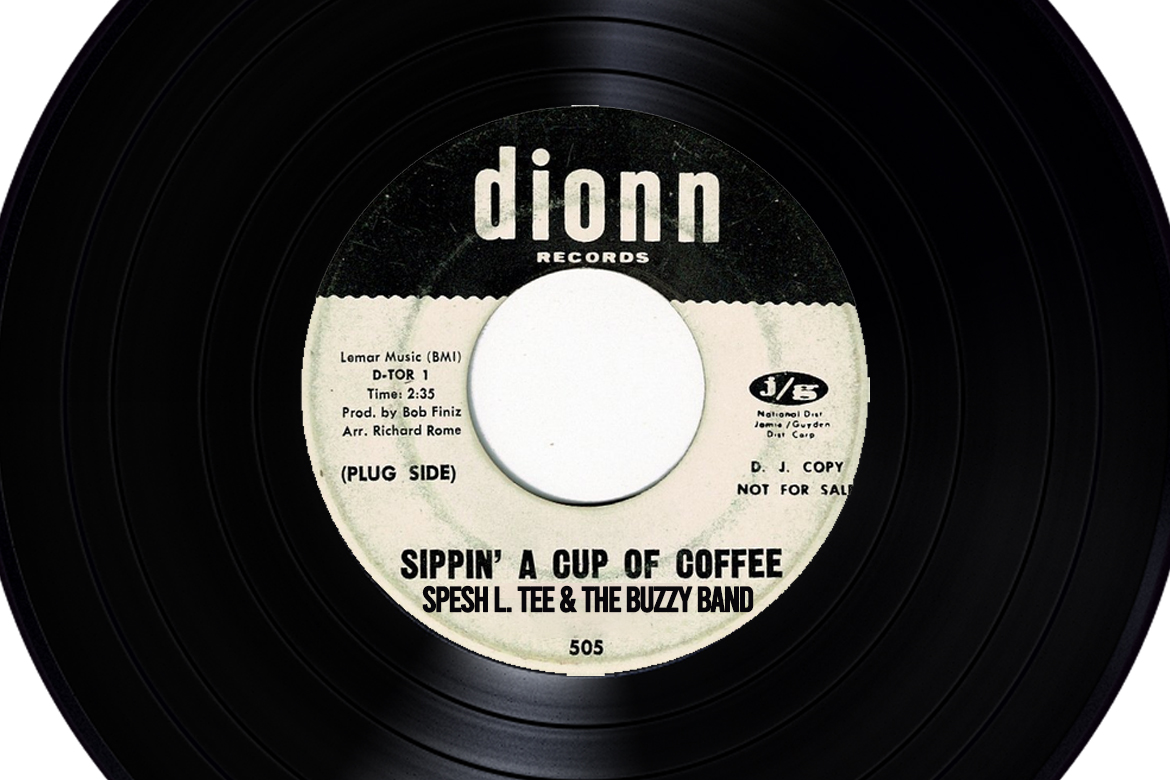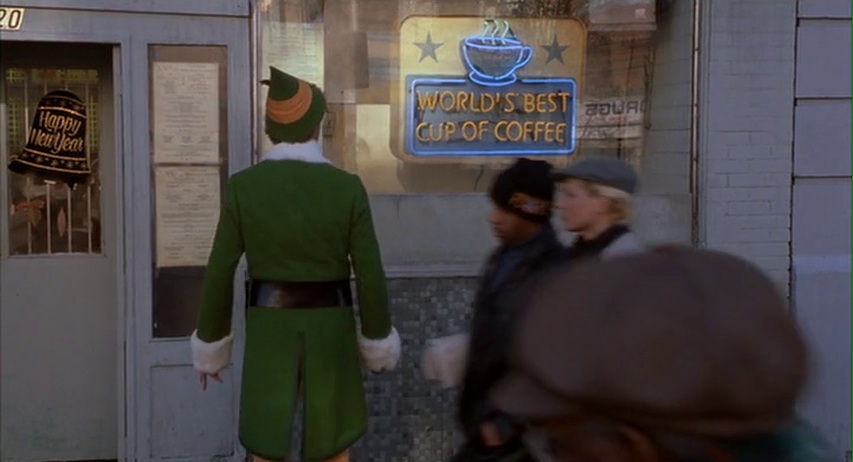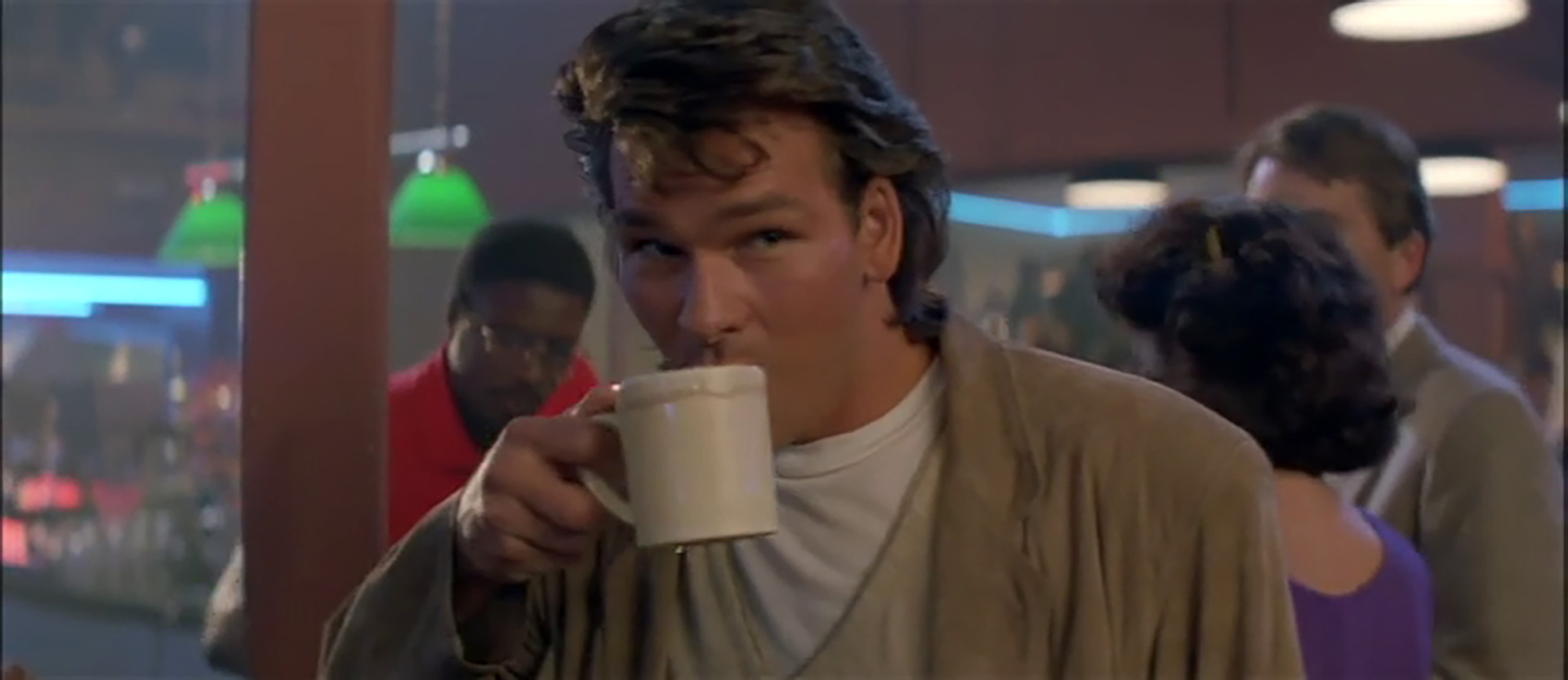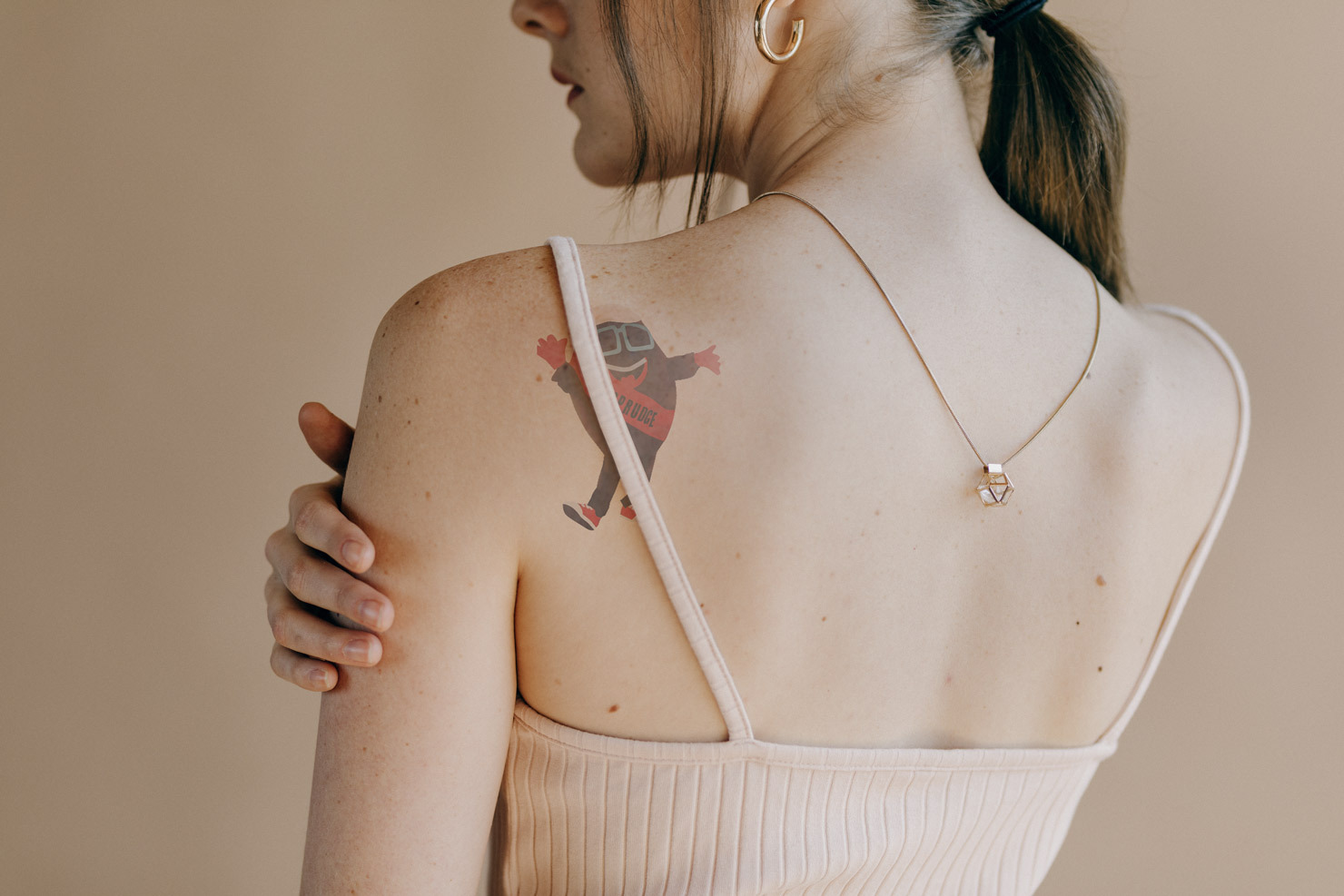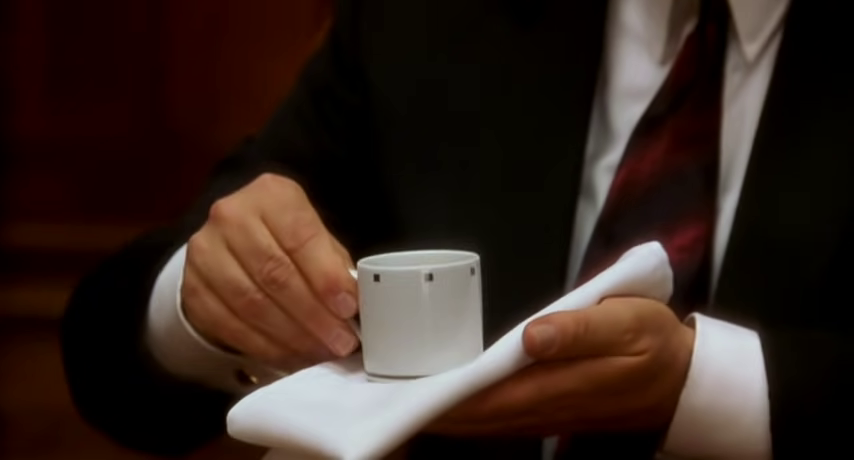In December of last year the British Film Institute published the seventh “Sight and Sound Poll,” a once-a-decade list where it polls hundreds of film critics, film festival programmers, producers, and directors, and from their ballots assembles a list of the 100 greatest movies of all time. With the 2022 poll a new film was selected as the greatest movie of all time: Chantal Akerman’s 1975 feminist masterpiece Jeanne Dielman, 23 quai du commerce 1080 Bruxelles. It is the first time a French-language movie has taken the top spot. It is the first time a film directed by a woman has taken the top spot. It is also the first time a movie about coffee has taken the top spot.
At one hour and 30 minutes into the nearly three-and-a-half hour runtime of Jeanne Dielman, we catch a glimpse of the first moment the title character does something exclusively for her own pleasure; we see her sit in a cafe and drink a cup of coffee. After seeing her cook, bathe, clean, help her son with homework, knit him a scarf, shine his shoes, do the dishes, and run errands she enjoys this moment of joy. She does not do anything else with her time at the cafe. She does not read, do the crossword, or chat with a friend. She simply sits and sips and enjoys a moment of respite with a delicious hot beverage for about three minutes before departing so that she can get home to get the potatoes started in time for dinner. This will be the only time we experience the protagonist’s life onscreen without any looming existential dread.
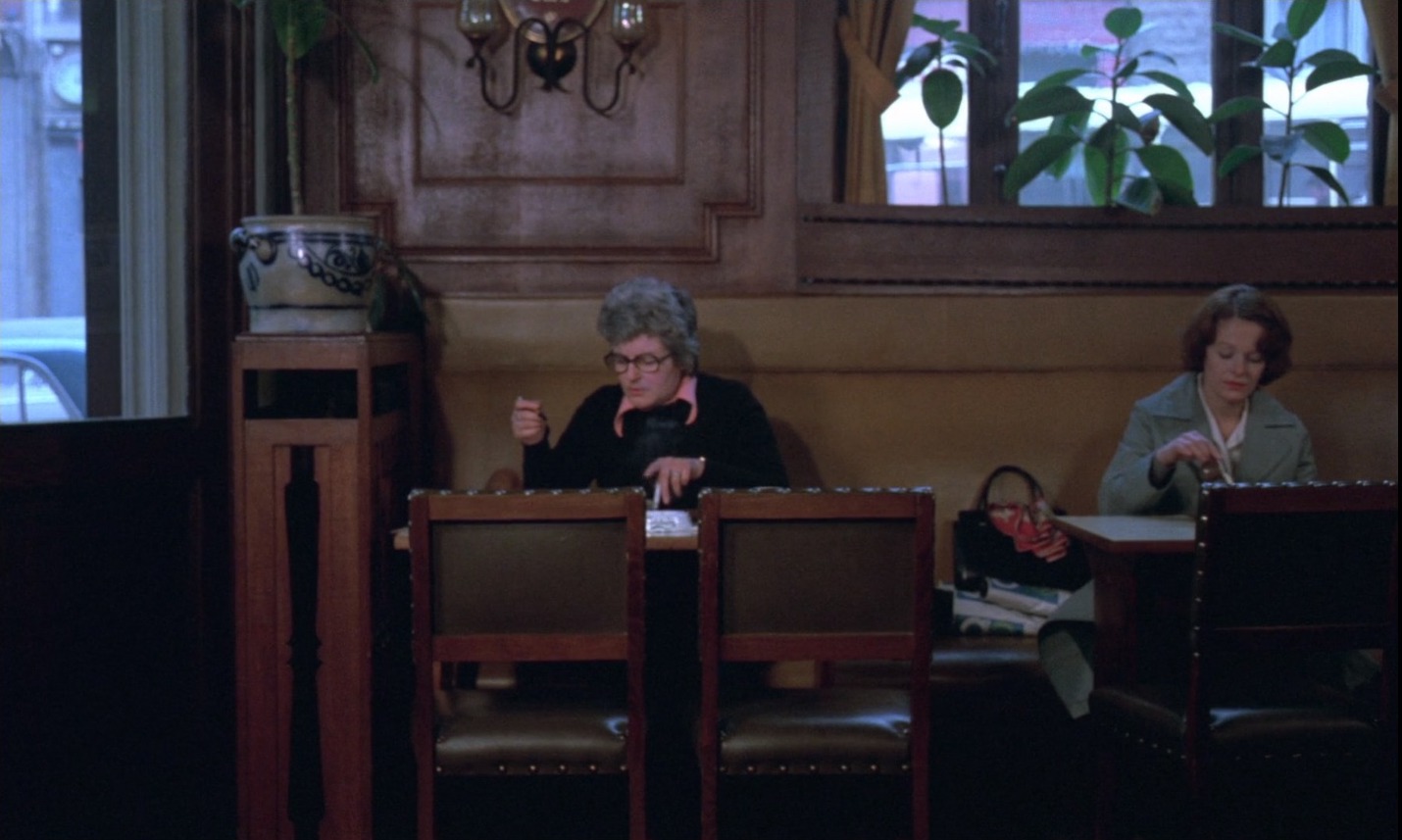
Jeanne Dielman is simultaneously an easy and difficult movie to describe to someone unfamiliar with it. The plot is simple. A woman (the titular Jeanne Dielman) is a widow living with her teenage son in a small apartment in Brussels. We as viewers spend three days with her, with most of the screen time occupied by unglamorous domestic tasks. These tasks are periodically interrupted by gentlemen callers who arrive at her apartment, disappear with her into her bedroom, and emerge some time later, handing her a handful of money and telling her “see you next week.” It is implied, but not shown, that Dielman is engaging in sex work with these men. These scenes continue and repeat until the final day depicted. In the film’s final act Dielman’s routine is interrupted at several points, eating away at her sense of propriety and self.
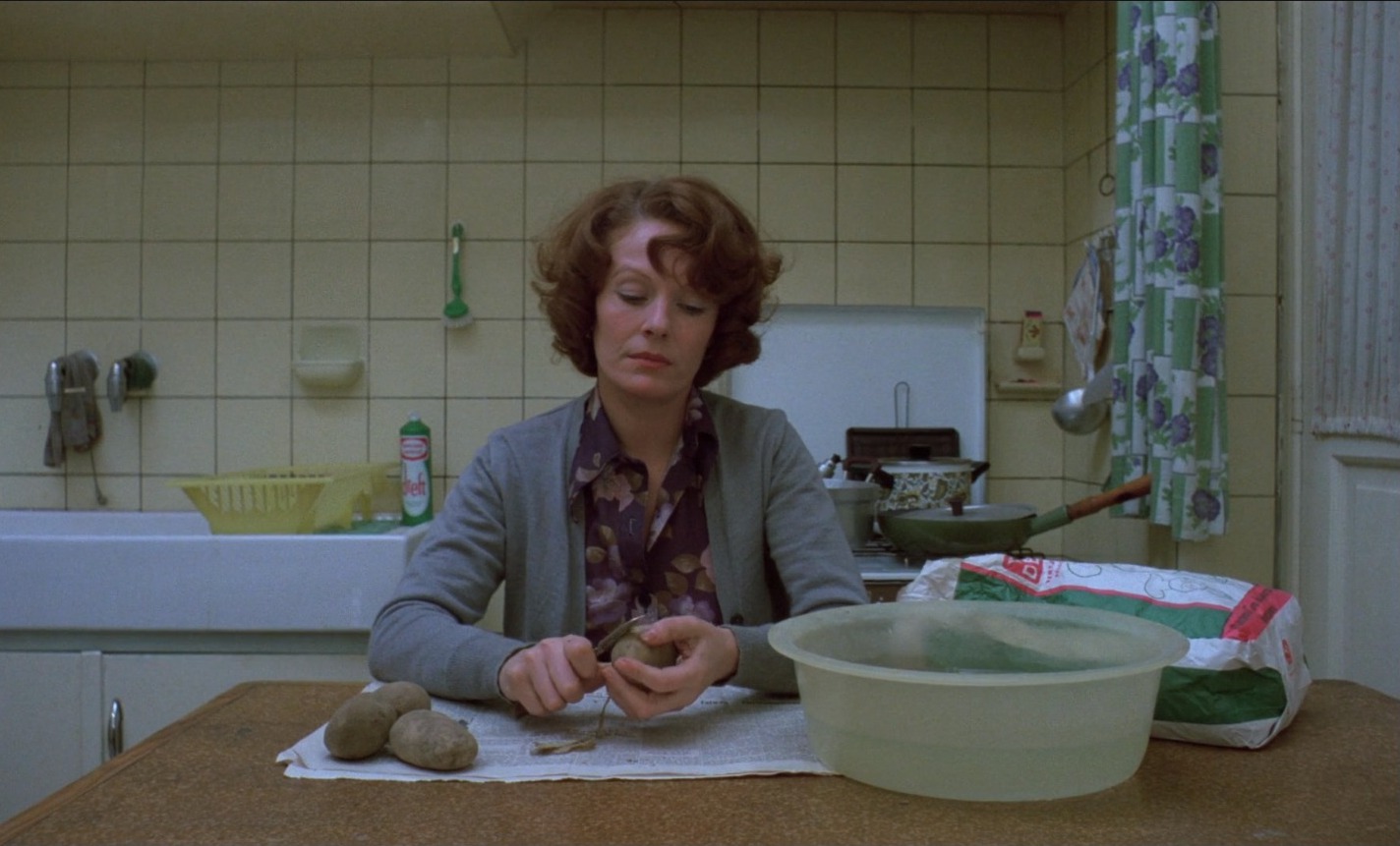
While the plot is easy to describe, the film’s emotional impact is difficult to put into words. Watching a woman peel potatoes for three minutes of screen time sounds dull on paper, but the degree to which it inspires a sense of dread and unease in the viewer is intense. Each scene piles on the tedium of domesticity and the emptiness of a life fully lived in service of others. There is one piece of respite in Dielman’s life: Coffee.
We only witness Dielman experiencing coffee as an escape one time: alone in the cafe at the one hour 30 minute mark. Every other time coffee appears, it manifests as a moment where joy and rest are snatched from Dielman’s hands by her relentless schedule and domestic expectations. While running errands, she encounters a friend in the street who invites her to get a cup of coffee together. “Not today, maybe next week,” she replies.
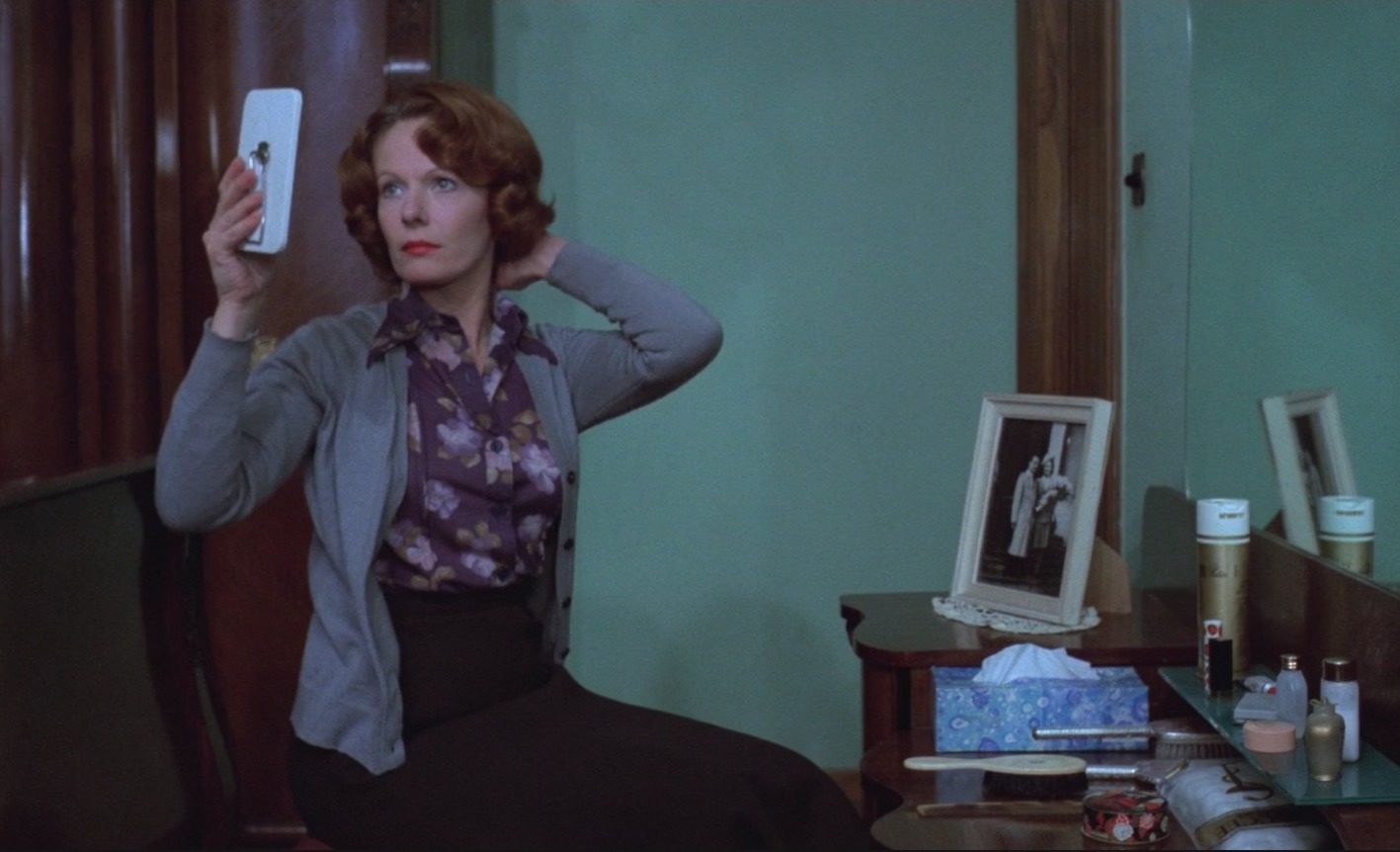
One day, we see Jeanne finish her chores and sit down to lunch and a cup of coffee, only to have the doorbell ring. She must abandon her cup to mind the neighbor’s baby while the neighbor goes shopping. Near the film’s conclusion, she returns to the cafe, only to discover that her favorite table is occupied and her preferred server isn’t on shift at that time. The disruption to her afternoon ritual is too much to bear, and so she leaves. Her coffee remains untouched.
The most unsettling coffee moment in the film occurs in the middle of the third day of action. Jeanne’s routine has been interrupted once already, when she arrived at the butcher shop to find it not yet open. Back home, having prepped that night’s dinner (meatloaf), she takes a moment for a coffee break. But something is not right. Upon taking her first sip we see no look of enjoyment. We simply see her looking into her cup with the same neutral expression she always wears. Within seconds she discards the cup down the sink. This time, before pouring a second cup, she tastes her milk by itself to confirm it isn’t spoiled, and then adds two deliberately picked lumps of sugar. Upon tasting her second cup her reaction is identical. The coffee is no good. So we watch in real time as she prepares for herself a second pot of pour-over coffee. Over the course of nine minutes of screen time, we watch Jeanne come to the realization that her coffee is unacceptable and must be remade, remake it, but upon completion of the task realize that it’s time for something else on her busy schedule. She does not even get to enjoy her freshly made pot of coffee. Her moment of joy is stolen from her by the tedium of routine.
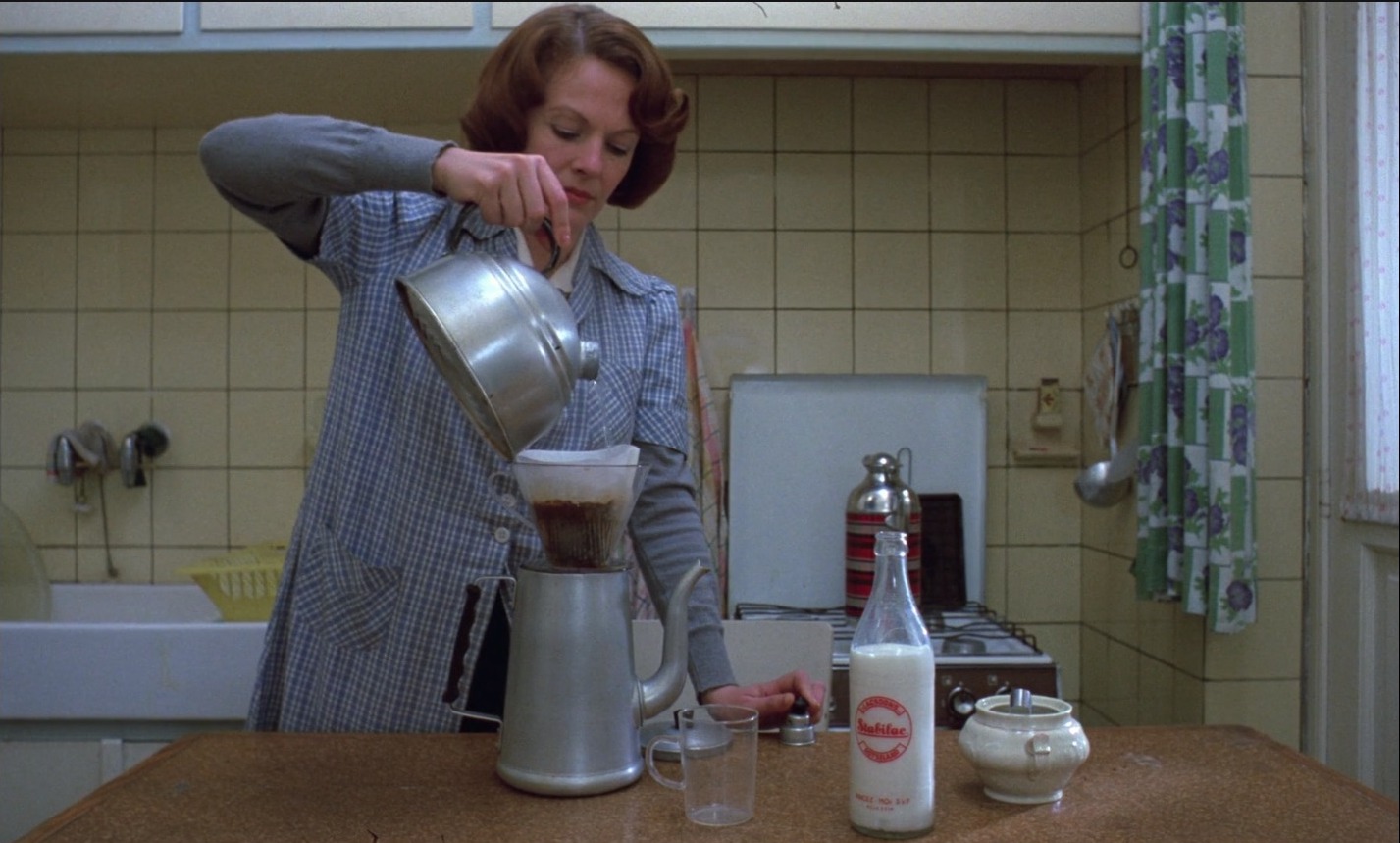
Jeanne Dielman, 23 quai du commerce 1080 Bruxelles is a movie about how society and its expectations (especially patriarchy) can grind us down and eventually crush us (especially women). Escaping it is futile, but it’s important to remember what brings us joy to do what we can to fight against the torment of our societal expectations. The errands cry out to be done, it’s true, but running the errands at the expense of a good cup of coffee can drive us to the breaking point. Who cares if the errands get done a little late. Get that coffee with your friend when you run into her. It might be your only chance to.
Jackson O’Brien is a coffee professional and freelance journalist based in Minneapolis. This is Jackson O’Brien’s first feature for Sprudge.








